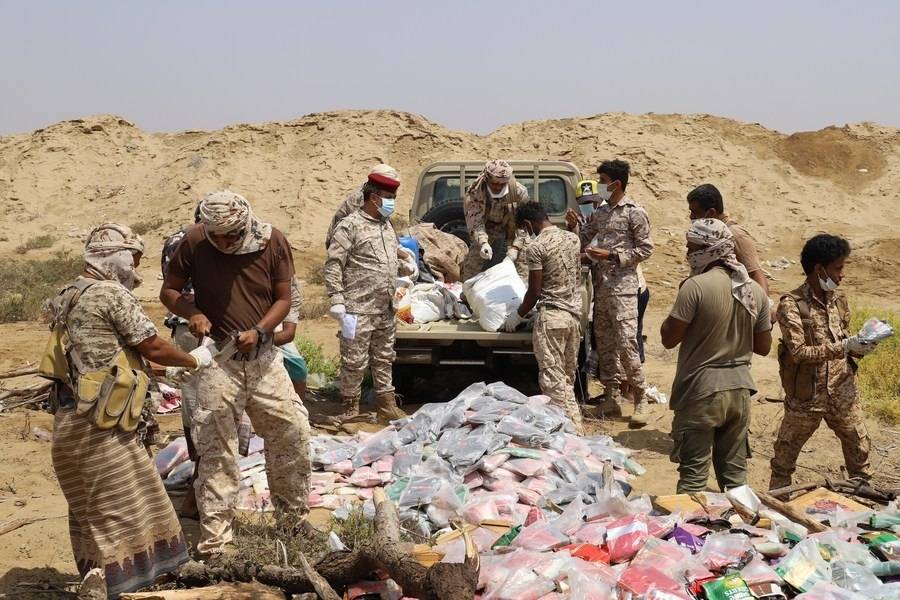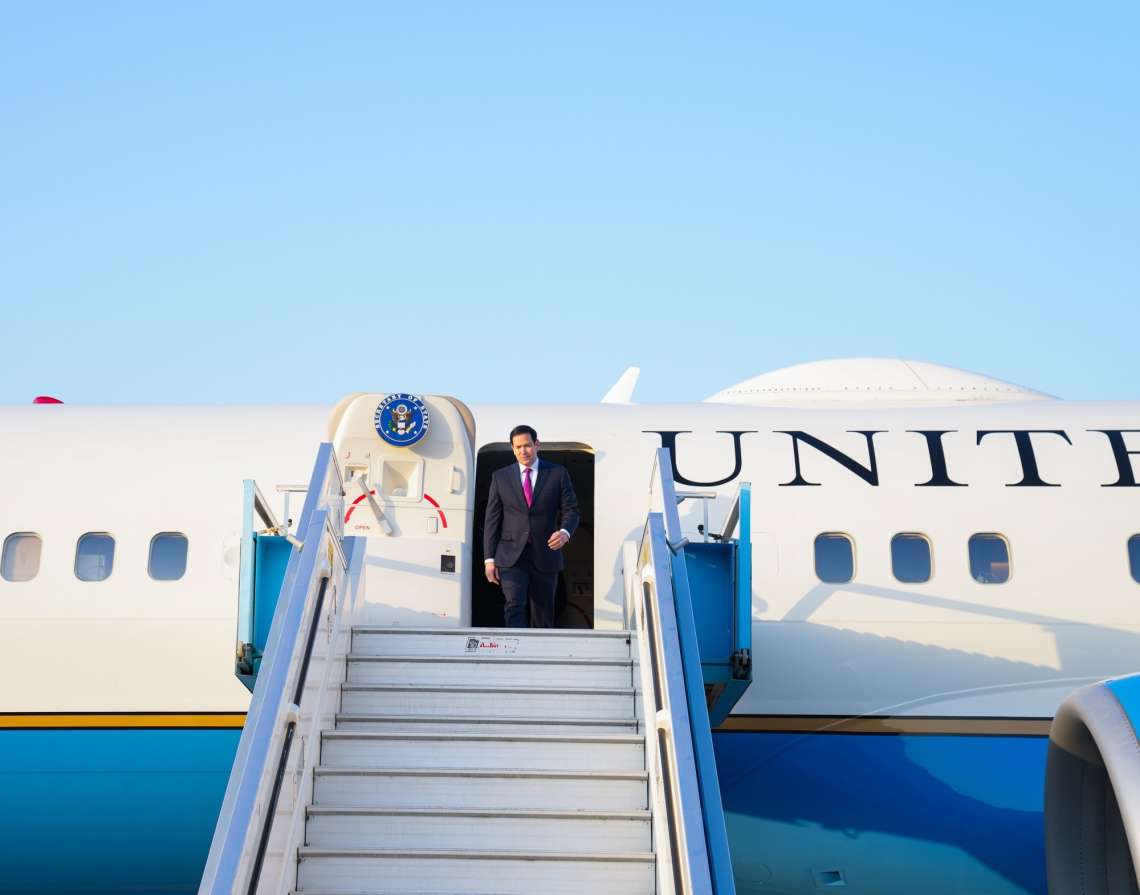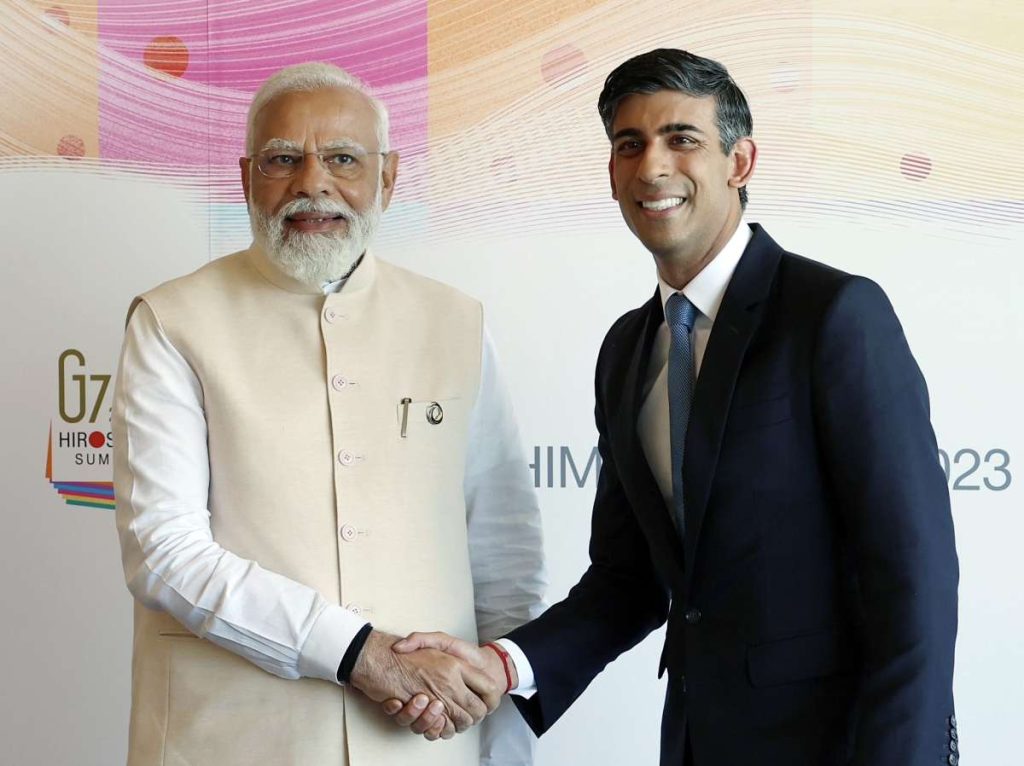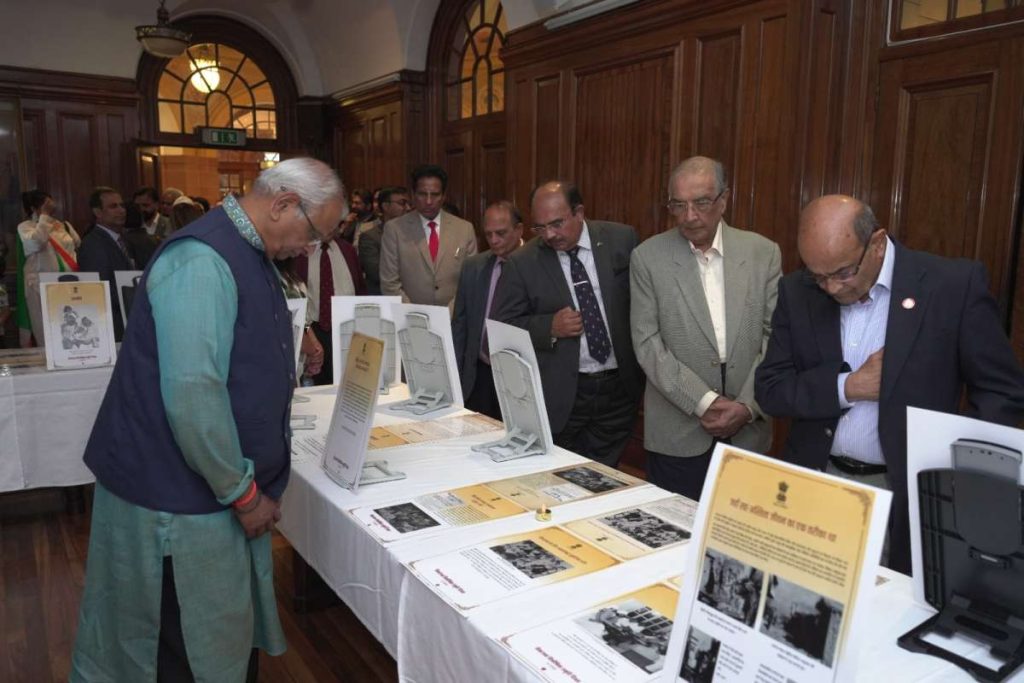The US reiterated its commitment to finding a resolution to the Yemen conflict at the earliest opportunity….reports Asian Lite News
The US State Department announced that the US Special Envoy for Yemen is set to visit the Gulf region on Monday. The envoy’s purpose is to further the ongoing UN-led initiatives aimed at extending the ceasefire and initiating a comprehensive peace process.
Initially established in April 2022, the UN-backed ceasefire was in effect until October 2, lasting only six months due to the Houthis’ refusal to extend it. Despite the lack of a ceasefire extension, the level of conflict has not escalated.
During his visit, Tim Lenderking will engage with representatives from Saudi Arabia, Yemen, the United Arab Emirates, Oman, and other international partners. The discussions will revolve around determining the necessary measures to achieve a sustainable ceasefire and commence an inclusive political process mediated by the UN. Additionally, the aim is to address the ongoing economic crisis and alleviate the suffering of Yemeni citizens.
The US reiterated its commitment to finding a resolution to the Yemen conflict at the earliest opportunity. Washington emphasized its close collaboration with global allies to build upon the UN-mediated ceasefire, which has contributed to the longest period of relative calm since the conflict’s inception.
Lenderking’s itinerary also includes acknowledging the successful joint effort involving Yemeni, UN, and international partners to extract over 1.1 million barrels of oil from the FSO Safer supertanker. This two-year endeavor, concluded this week, represents a significant accomplishment.
Furthermore, his agenda encompasses mobilizing donor support to bridge the remaining $22 million funding gap required to dismantle the supertanker and address all potential environmental risks stemming from its presence.
The Safer was moored in an area controlled by Houthi rebels. The UN had sought access to the vessel for several years, but the Houthis withheld the necessary permissions and security guarantees until last year.
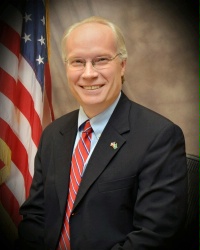
Raising the money for the USD 143 million operation further delayed it.
The United States welcomed the successful transfer operation, to which Washington contributed USD 10 million. It is one of 23 countries that have contributed to financing the operation. Funding has also come from the private sector and a crowdfunding campaign, VOA reported.
UN Resident and Humanitarian Coordinator for Yemen David Gressly said that the operation utilised the skills of SMIT, the dredging and offshore contractor who assisted in removing the Ever Given ship, which blocked the Suez Canal for nearly a week in 2021, VOA reported.
The team pumped between 4,000 and 5,000 barrels of oil every hour.
However, who gets the oil remains a controversial matter, CNN reported. The Red Sea is a vital strategic waterway for global trade. At its southern end lies the Bab el-Mandeb strait, where nearly 9 per cent of total seaborne-traded petroleum passes. And at its north is the Suez Canal that separates Africa from Asia.
The majority of petroleum and natural gas exports from the Persian Gulf that transit the Suez Canal pass through the Bab el-Mandeb, according to the US Energy Information Administration.
The sea is also a popular diving hotspot that boasts an impressive underwater ecosystem. In places, its banks are dotted with tourist resorts, and its eastern shore is the site of ambitious Saudi development projects worth hundreds of billions of dollars, VOA reported.
However, who gets to keep the oil is a question hanging all along. The tanker issue remains a point of dispute between the Houthi rebels that control the north of Yemen and the internationally recognized government, the two main warring sides in the country’s civil conflict.

